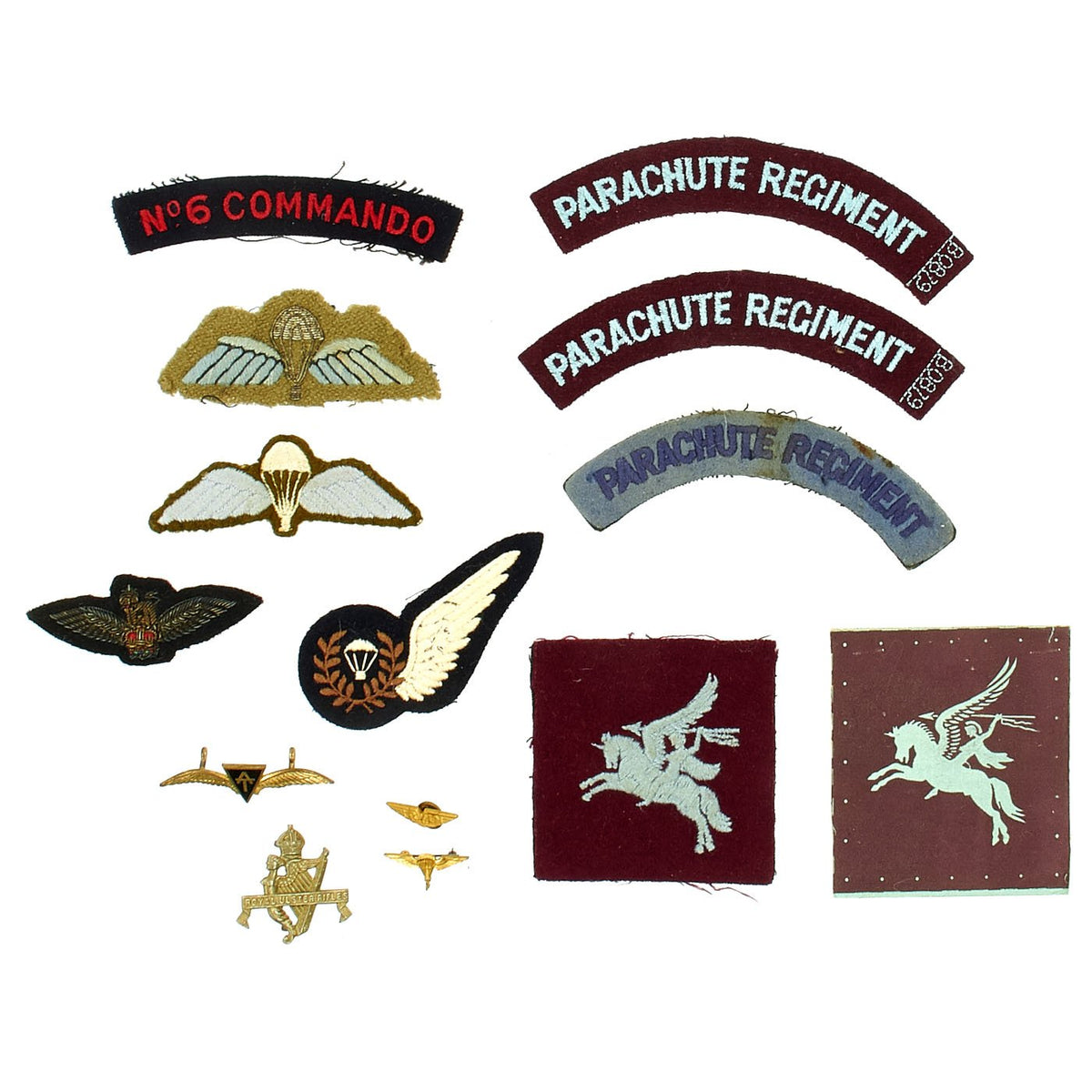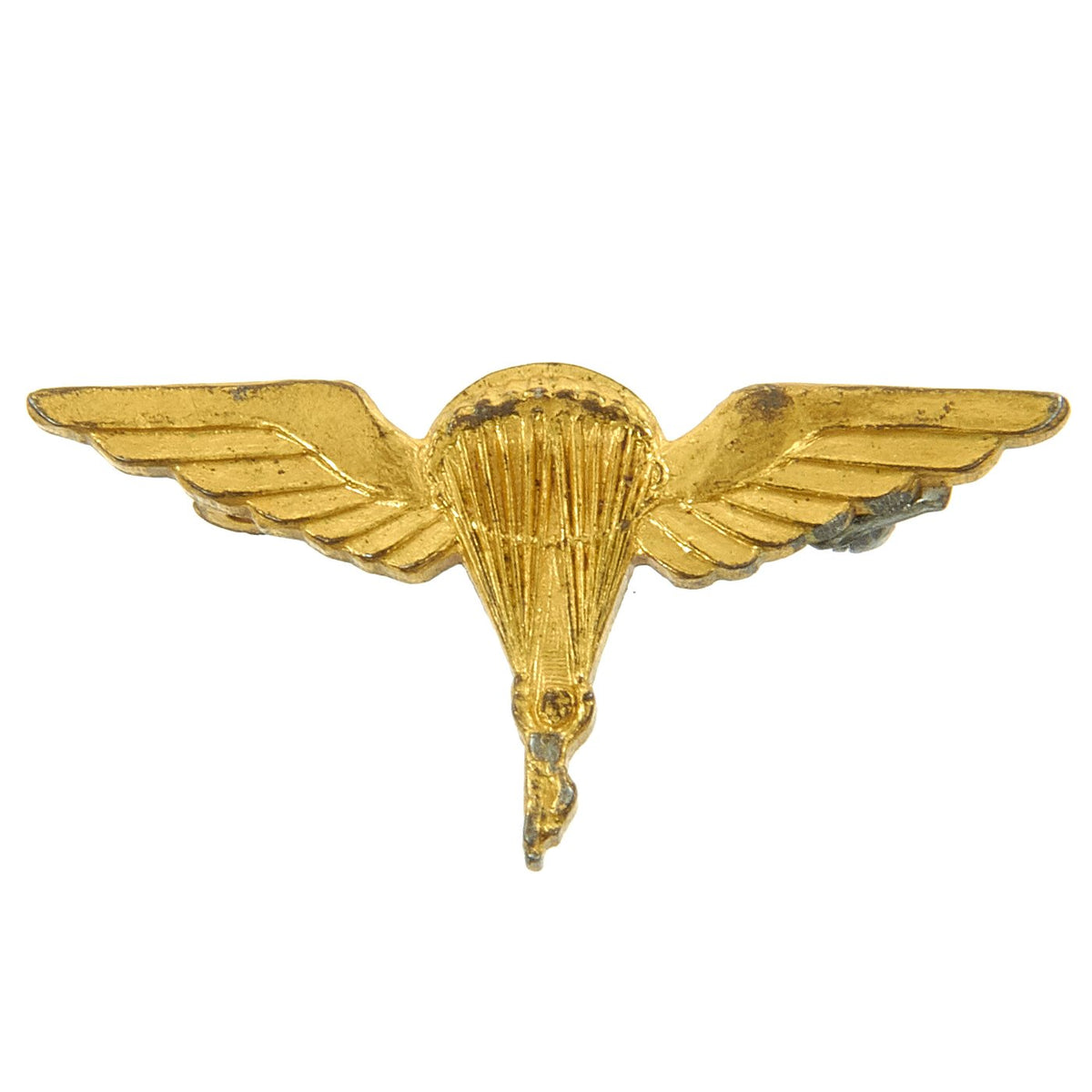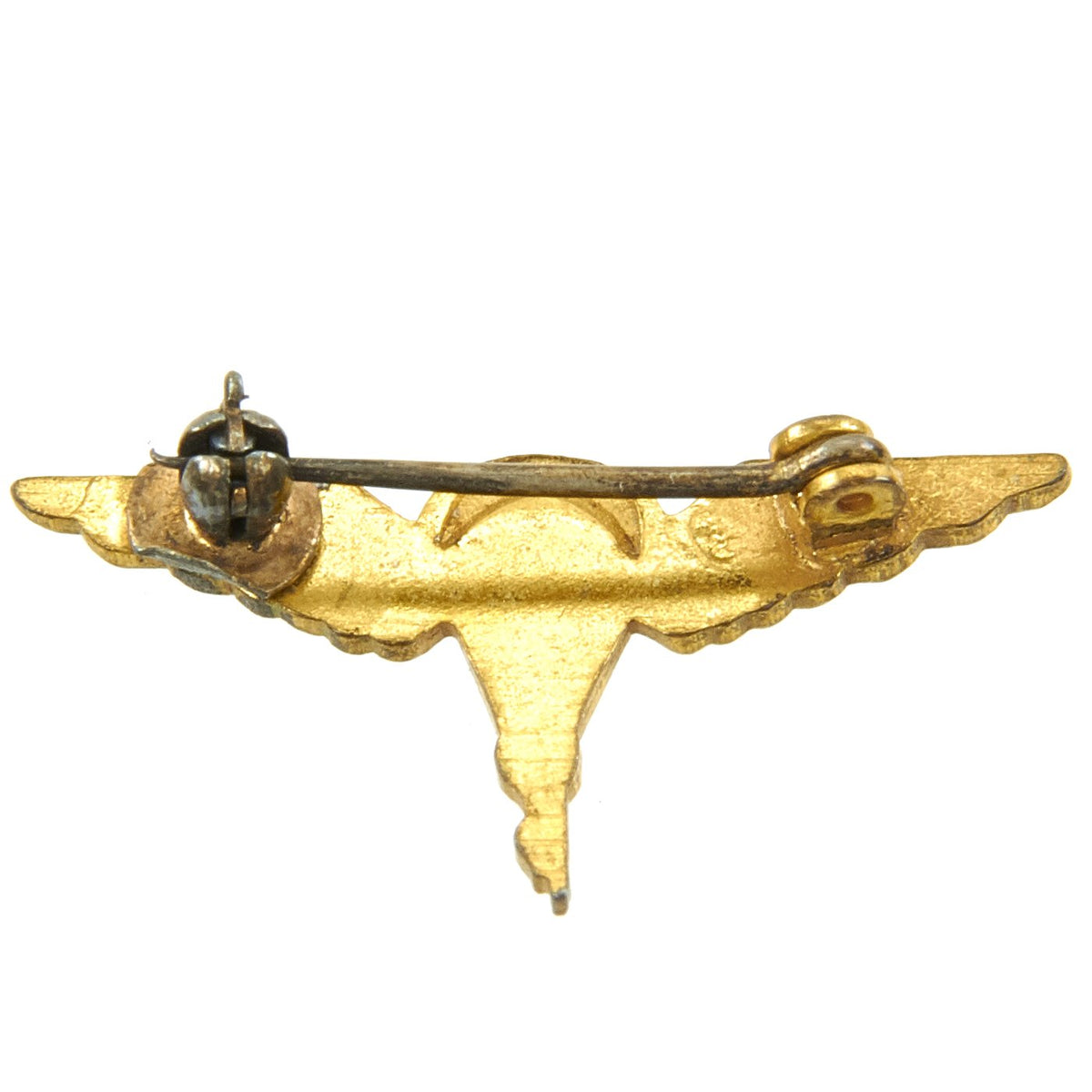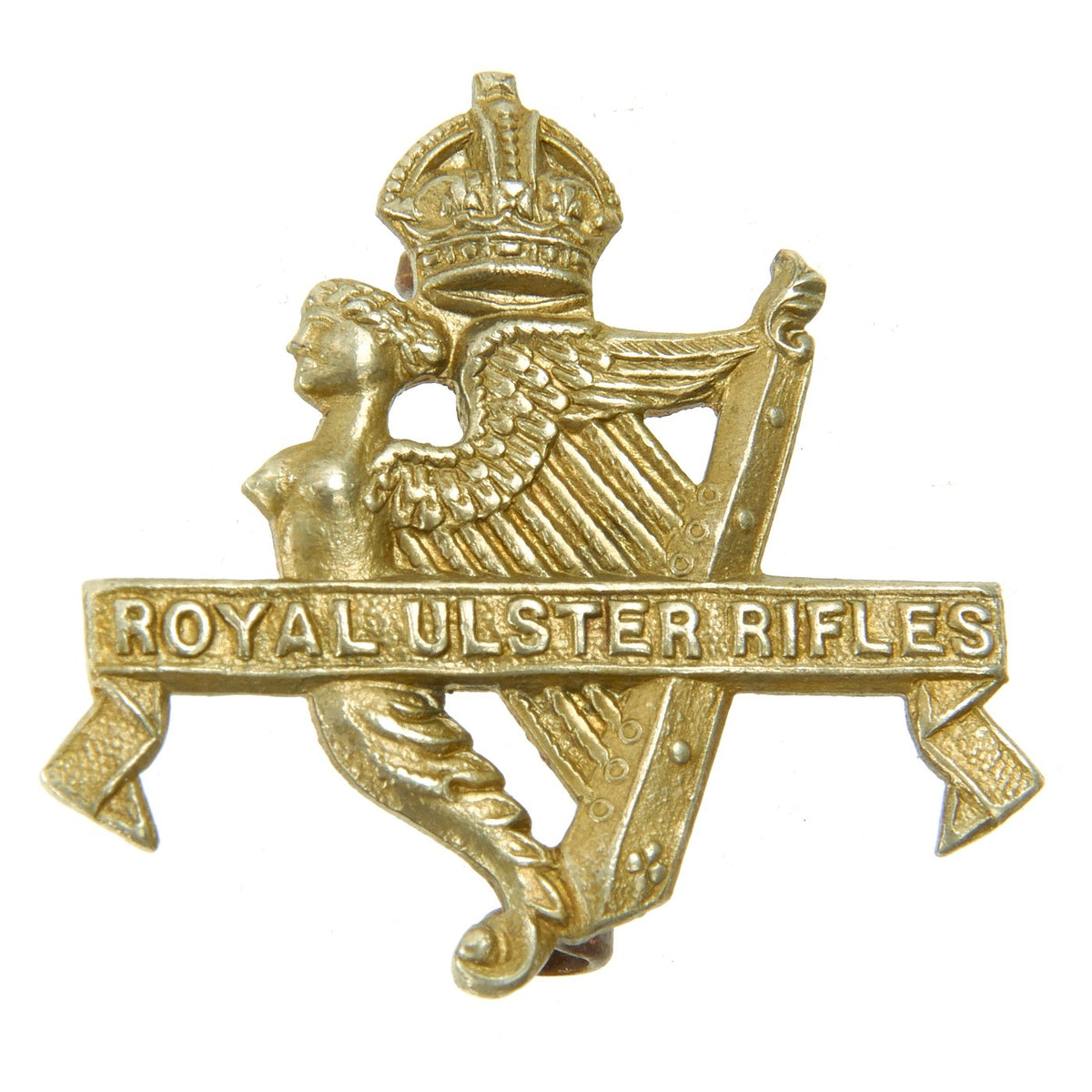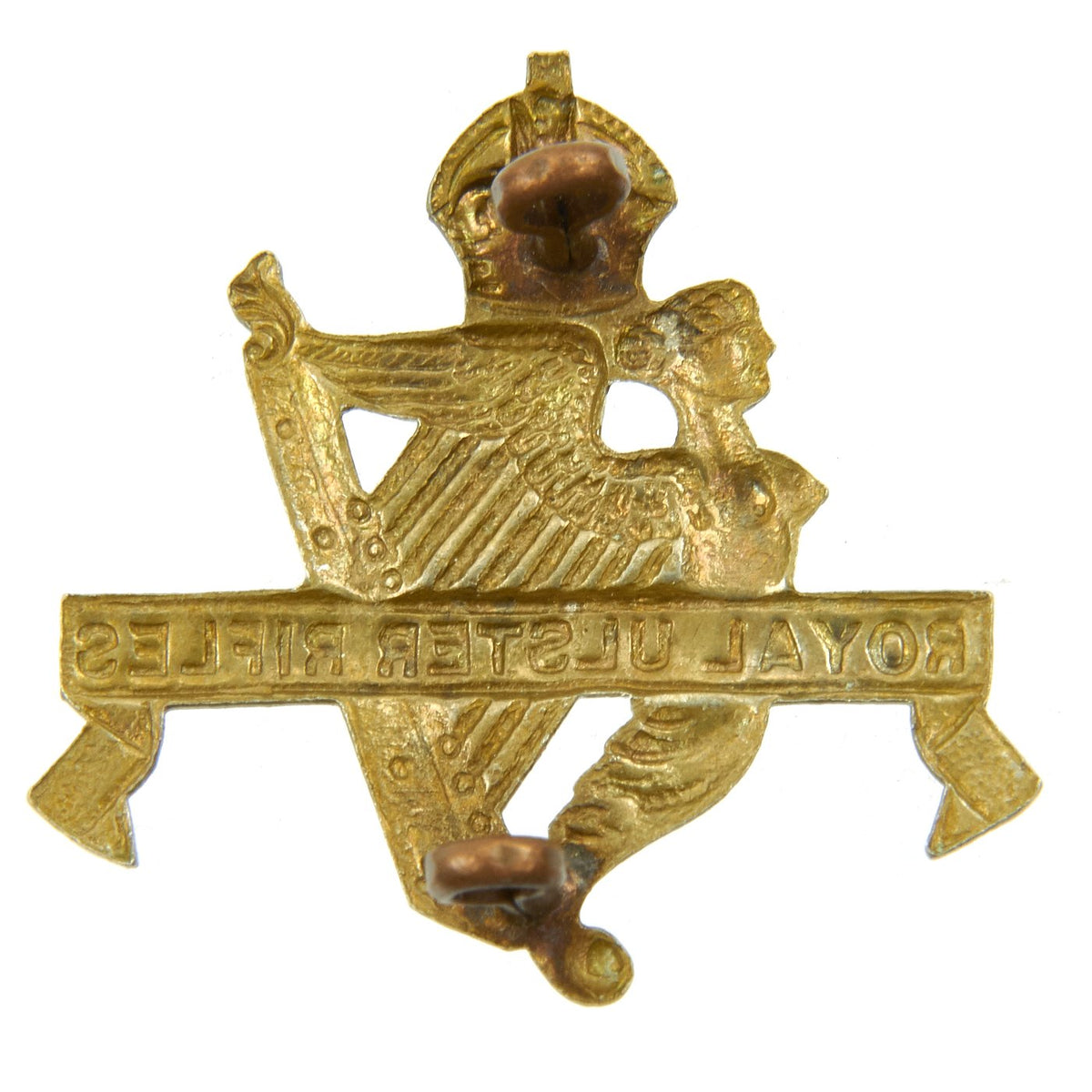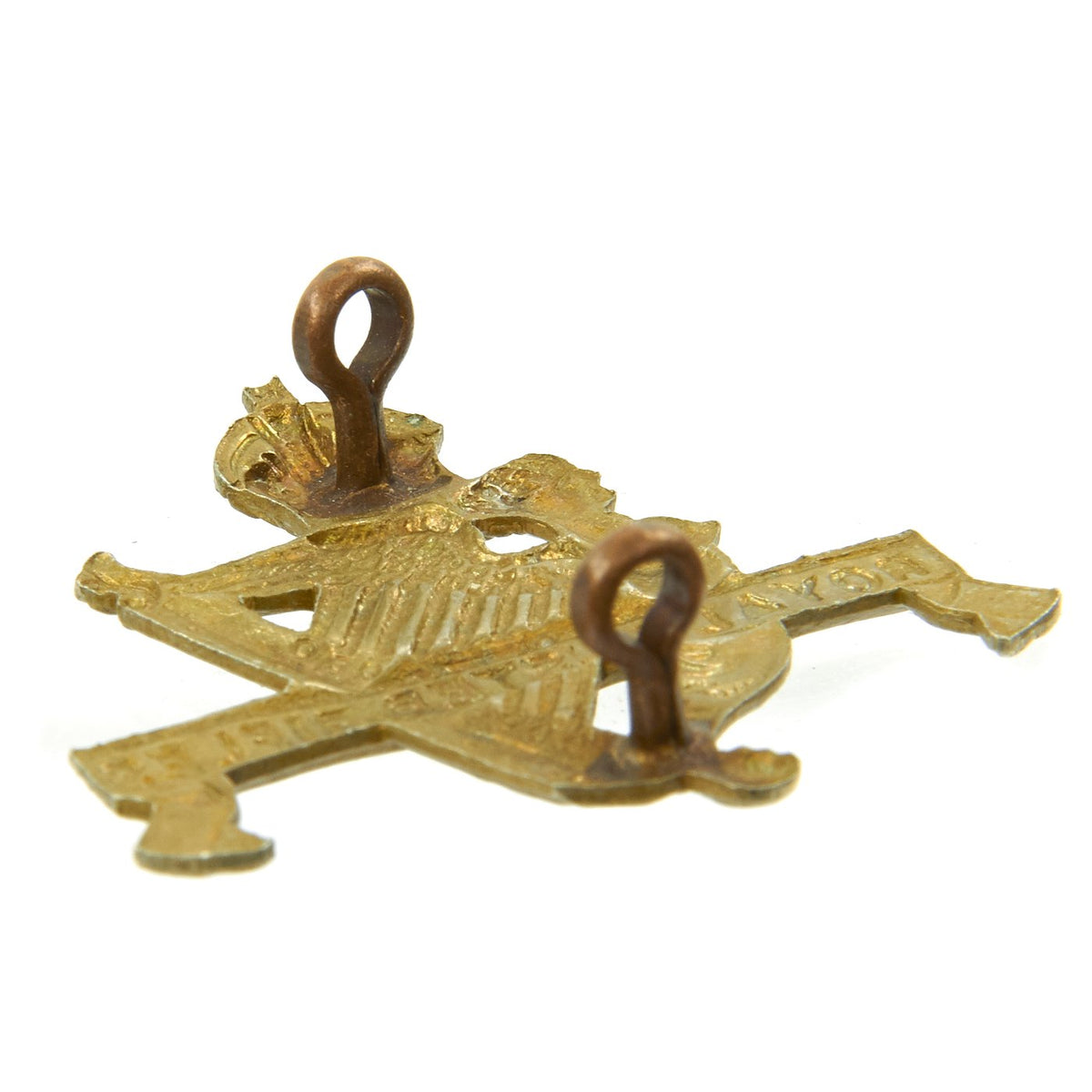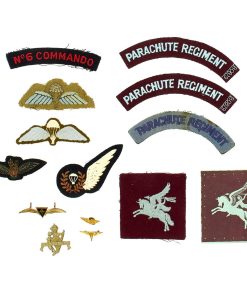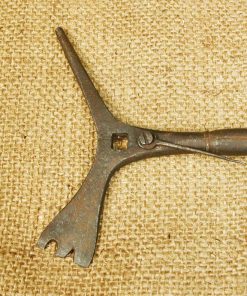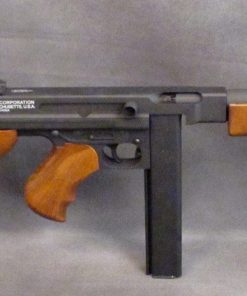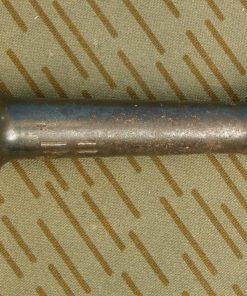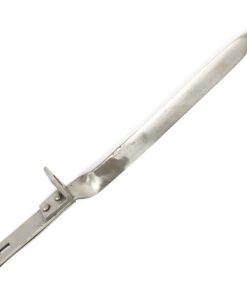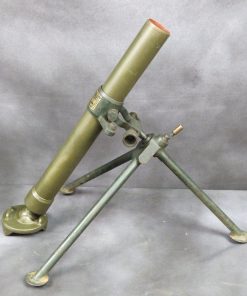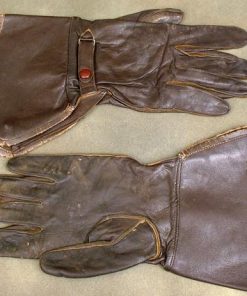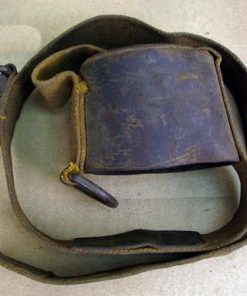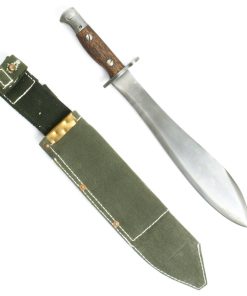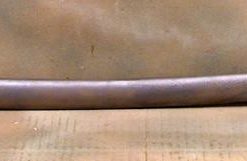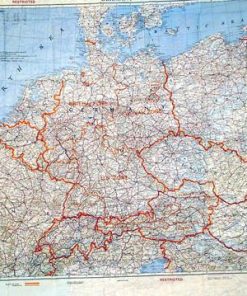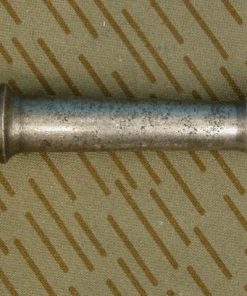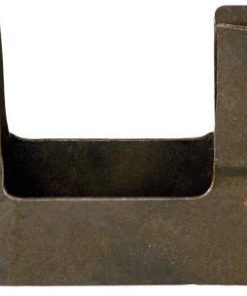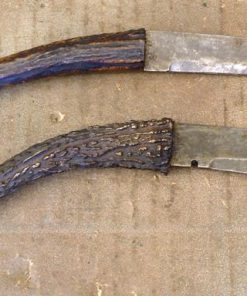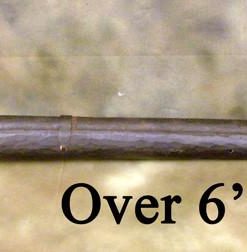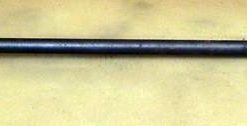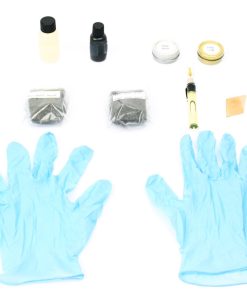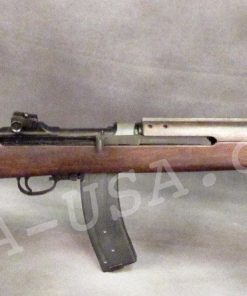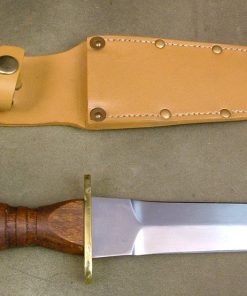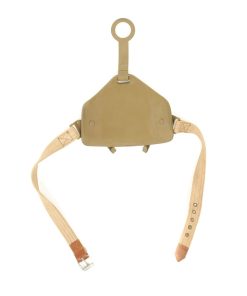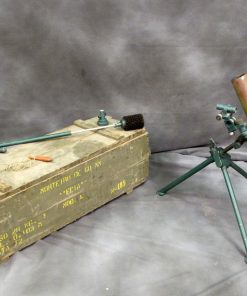Original British WWII Airborne Parachute Regiment Insignia Badge and Pin Set Original Items
$ 395,00 $ 118,50
Original Items: Only One Set Available. This is a fantastic rare World War Two British Airborne Parachute Regiment Badge Insignia and Pin set consisting of the following items:
– Embroidered felt Airborne Forces Formation badge (Pegasus) – excellent condition.
– Canvas printed Airborne Forces Formation badge (Pegasus) – excellent condition.
– 2 x Blue embroidered on maroon felt background Parachute Regiment B0879 shoulder flash – excellent condition.
– Dark Blue Embroidered on light blue felt backgroundParachute Regiment shoulder flash – excellent condition.
– Full color embroidered British Airborne Parachute Wing Patch – excellent condition.
– Rare early war bullion embroidered British Airborne Parachute Wing Patch – excellent condition.
– No 6 Commando shoulder flash – excellent condition.
– RAF Brevet – Parachute Jump Instructor Half-Wing Small Parachute Embroidered Royal Air Force Branch Badge – excellent condition.
– WWII Irvin Aircraft Company Wing Service Pin in gold plate – excellent condition.
– AT Wing Pin in gold plate – excellent condition.
– Paratrooper mini pin in gold plate – excellent condition.
– Royal Ulster Rifles Hat Badge – excellent condition.
– WWII British glider pilot bullion embroidered wings – excellent condition.
A wonderful collection of hard to find Ww2 British Airborne pins and badges all in excellent condition!
The 1st Airborne Division was an airborne infantry division of the British Army during the Second World War. The division was formed in late 1941 during World War II, after the British Prime Minister, Winston Churchill, demanded an airborne force, and was initially under command of Major-General Frederick A. M. Browning. The division was one of two airborne divisions raised by the British Army during the war, with the other being the 6th Airborne Division, created in May 1943, using former units of the 1st Airborne Division.
The division’s first two missions–Operation Biting, a parachute landing in France, and Operation Freshman, a glider mission in Norway–were both raids. Part of the division was sent to North Africa at the end of 1942, where it fought in the Tunisian Campaign, and when the Allies invaded Sicily in July 1943, the division undertook two brigade sized landings. The first, Operation Ladbroke, carried out by glider infantry of the 1st Airlanding Brigade and the second, Operation Fustian, by the 1st Parachute Brigade, were far from completely successful. The 1st Airborne Division then took part in a mostly diversionary amphibious landing, code named Operation Slapstick, as part of the Allied invasion of Italy in September 1943.
In December, most of the 1st Airborne Division (minus the 2nd Parachute Brigade) returned to England, and began training and preparing for the Allied invasion of Normandy. It was not involved in the Normandy landings in June 1944, being held in reserve. In September 1944 the 1st Airborne took part in Operation Market Garden. The division, with the Polish 1st Parachute Brigade temporarily attached, landed 60 miles (97 km) behind German lines, to capture crossings on the River Rhine, and fought in the Battle of Arnhem. After failing to achieve its objectives, the division was surrounded and took very heavy casualties, but held out for nine days before the survivors were evacuated.
The remnants of the 1st Airborne Division was returned to England soon after. The division never fully recovered from their losses at Arnhem and the 4th Parachute Brigade was disbanded. Just after the end of the war in Europe, the depleted formation took part in Operation Doomsday in Norway in May 1945. They were tasked with the disarmament and repatriation of the German occupation army. The 1st Airborne Division then returned to England and was disbanded in November 1945.
Fast Shipping with Professional Packaging
Thanks to our longstanding association with UPS FedEx DHL, and other major international carriers, we are able to provide a range of shipping options. Our warehouse staff is expertly trained and will wrap your products according to our exact and precise specifications. Prior to shipping, your goods will be thoroughly examined and securely secured. We ship to thousands clients each day across multiple countries. This shows how we're dedicated to be the largest retailer on the internet. Warehouses and distribution centres can be located throughout Europe as well as the USA.
Note: Orders with more than one item will be assigned a processing date depending on the item.
Before shipping before shipping, we'll conduct a thorough inspection of the items you have ordered. Today, the majority of orders will be delivered within 48 hours. The delivery time will be between 3-7 days.
Returns
The stock is dynamic and we cannot completely manage it because multiple stakeholders are involved, including our factory and warehouse. So the actual stock may alter at any time. It's possible that you may not receive your order once the order has been made.
Our policy is valid for a period of 30 days. If you don't receive the product within 30 days, we are not able to issue a refund or an exchange.
You can only return an item if it is unused and in the same state as the day you received it. You must have the item in its original packaging.
Related products
Uncategorized
Uncategorized
Uncategorized
Uncategorized
Uncategorized
Angolan Rebel 1970s era 60mm Inert Display Mortar from Angolan Civil War Original Items
Uncategorized
Uncategorized
Uncategorized
Uncategorized
Uncategorized
Uncategorized
Uncategorized
Uncategorized
Uncategorized
Uncategorized
Uncategorized
Armoured Fighting Vehicles of the World: AFVs of World War One (Hardcover Book) New Made Items
Uncategorized
Uncategorized
